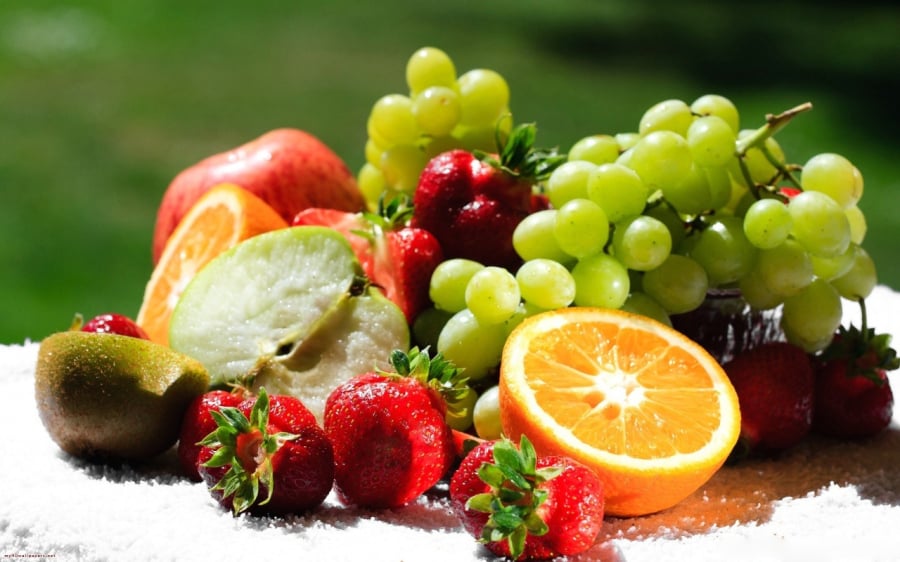Breakfast is often underestimated, with many people considering it just a simple meal to start the day. However, breakfast is truly the most important meal, providing energy after a long night of fasting and giving you the strength to work and study efficiently throughout the day. Here are some suggestions for preparing a delicious and nutritious breakfast.
Eggs
Eggs are always a favored choice due to their convenience, versatility, and delicious flavor. Eating eggs in the morning helps you stay fuller for longer, controls calorie intake, and maintains stable blood sugar and insulin levels. Notably, egg yolks contain lutein and zeaxanthin, antioxidants that protect your eyes and prevent cataracts and macular degeneration.
Although eggs contain cholesterol, consuming them in moderation does not increase bad cholesterol but rather improves good cholesterol, reducing the risk of heart disease and enhancing insulin sensitivity. Vary your preparation methods, such as boiled eggs with salad, scrambled eggs with tomatoes, fried eggs, or an omelet, to make breakfast more exciting and appealing.

Ripe Fruits
Fruits are an excellent source of vitamins, minerals, and antioxidants, offering numerous health benefits. Options like bananas, apples, pears, kiwis, and avocados make for a perfect, nutritious, and wholesome breakfast.

Oatmeal
Oatmeal is an ideal breakfast cereal. The beta-glucan fiber in oatmeal helps lower cholesterol, induces a feeling of fullness, and stimulates the PYY hormone, effectively curbing hunger. Additionally, oatmeal contains antioxidants that benefit cardiovascular health and aid in lowering blood pressure.
However, oatmeal is not particularly high in protein (around 6g in 35g of cooked oatmeal), so it’s advisable to pair it with dairy, cheese, or eggs to ensure a balanced and nutrient-dense breakfast.
Nuts and Seeds
Nuts and seeds, such as cashews, almonds, walnuts, and chia seeds, are nutrient-dense foods rich in protein, healthy fats, and fiber. These components are essential for providing energy and keeping you satiated throughout the morning. Moreover, these nuts and seeds are packed with vital vitamins and minerals like vitamin E, a potent antioxidant that safeguards cells from damage, magnesium for nerve and muscle function, and zinc for immune support and metabolic regulation.
To maximize the nutritional value of nuts and seeds, try sprinkling them over a bowl of yogurt or oatmeal for added crunch and flavor. Alternatively, incorporate them into toast, baked goods, or use them as a tasty salad topping.
Milk
Morning is the optimal time for nutrient absorption, so including milk in your breakfast is essential to provide critical nutrients like calcium, protein, and B-complex vitamins. These nutrients maintain bone health, boost energy levels, and support the nervous system.
Cow’s milk is a popular choice, rich in protein and calcium, promoting muscle and bone development. Goat’s milk is also an excellent alternative for those allergic to cow’s milk, as it is easier to digest and packed with vitamins and minerals. Yogurt, meanwhile, offers protein and introduces beneficial bacteria for a healthy gut and improved immunity.
You can drink fresh milk, add it to cereals, or combine yogurt with fruits and nuts to create a nutritious and delicious breakfast.
































